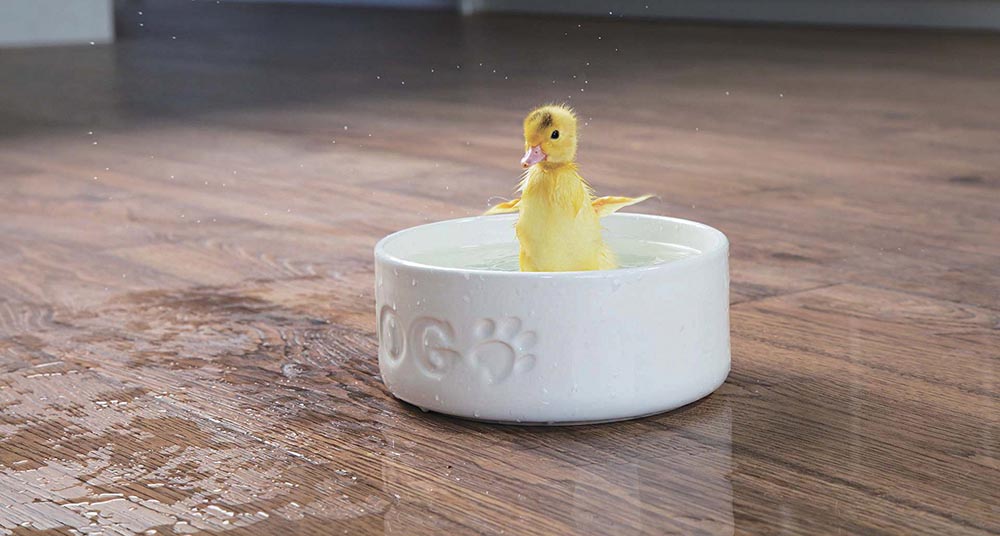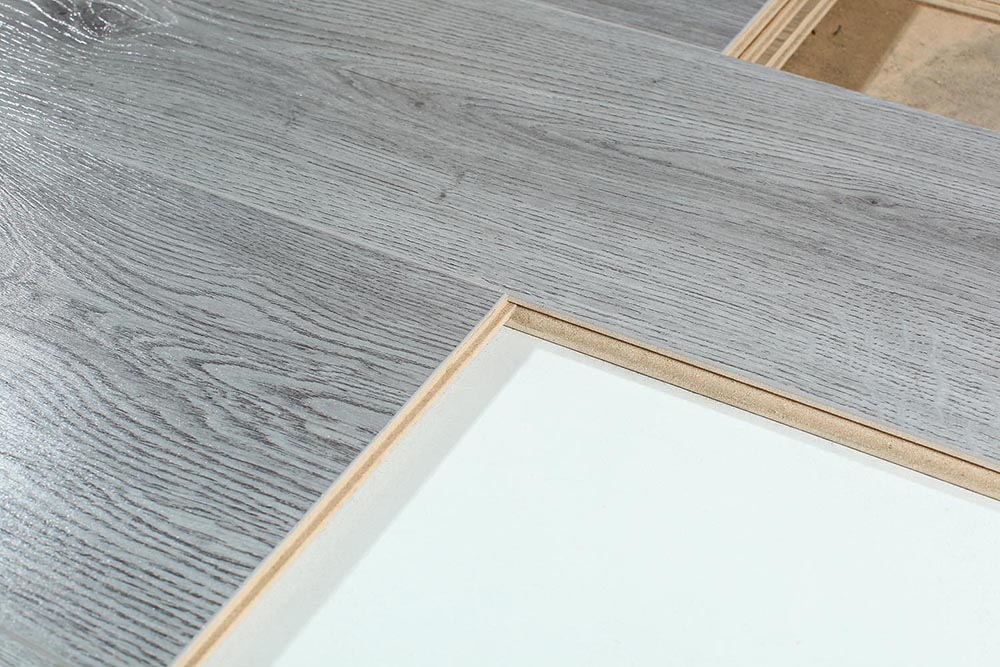When it comes to choosing flooring for homes, offices, or commercial spaces, durability, maintenance, and suitability for specific environments are top priorities. Below’s a detailed breakdown of three popular options—SPC Flooring, Impervius Water-Resistant Laminate Flooring, and Vinyl Click Flooring—to help you match the right floor to your needs.
SPC Flooring (Stone Plastic Composite Flooring)
Core Features
• Ultra-Durable Rigid Core: Made from a blend of stone powder (calcium carbonate) and PVC, SPC flooring has a rigid, dense core that resists dents, scratches, and impacts. Unlike flexible vinyl, it won’t warp or bend under heavy furniture (e.g., sofas, dining tables).
• 100% Waterproof: The non-porous PVC core and sealed edges prevent water penetration—spills (from coffee, pet bowls) or even standing water (from mopping) won’t damage it.
• Stable in Extreme Temperatures: It maintains its shape in both hot (up to 60°C) and cold (-20°C) conditions, making it suitable for rooms with underfloor heating or uninsulated basements.
Low Maintenance: Requires only regular sweeping and damp mopping; no waxing, polishing, or special cleaners are needed.
Ideal Applications
• High-Moisture Areas: Bathrooms, laundry rooms, kitchens, and finished basements (where water exposure is frequent).
• High-Traffic Spaces: Family rooms, hallways, and playrooms (resistant to kids’ toys or pet claws).
• Commercial Settings: Retail stores, cafes, and office lobbies (stands up to daily foot traffic and occasional heavy use).
Impervious Water-Resistant Laminate Flooring
Core Features
• Enhanced Water Resistance (Beyond Standard Laminate): “Impervius” (meaning “impenetrable”) refers to its advanced waterproofing: the HDF (High-Density Fiberboard) core is treated with a water-repellent coating, and joints are sealed to block moisture. Note: It’s “water-resistant” (handles spills within 24 hours) rather than fully waterproof (avoid standing water for long periods).
• Realistic Wood/Laminate Look: Mimics natural materials like hardwood, oak, or stone with high-definition printing—offers the aesthetic of premium floors at a lower cost.
• Comfort Underfoot: Softer than SPC or tile, it has a slight give that makes walking or standing more comfortable (great for bedrooms or living rooms).
• Easy Installation: Most options use a click-lock system (no glue needed) and can be installed over existing floors (e.g., tile, vinyl) with a moisture barrier.
Ideal Applications
• Dry-to-Moderate Moisture Rooms: Bedrooms, living rooms, home offices, and kitchens (where spills are common but not prolonged).
• Residential Renovations: Renters or homeowners wanting a quick, cost-effective upgrade (no need to remove old flooring if it’s flat).
• Style-Focused Spaces: Areas where you want the look of hardwood without the high maintenance (e.g., dining rooms, guest rooms).
Vinyl Click Flooring
Core Features
• Flexible yet Tough: Made from PVC (vinyl) with a wear layer (usually 0.3–1.5mm thick), it’s flexible enough to handle minor subfloor imperfections but resistant to scuffs and stains.
• Waterproof (Most Variants): Luxury Vinyl Click (LVC) or Waterproof Vinyl Click options have a waterproof core, similar to SPC—safe for damp areas. Basic vinyl click may be water-resistant, so check the product specs.
• Versatile Designs: Available in endless styles: wood, stone, tile, or even bold patterns (e.g., herringbone, geometric prints). Some have textured surfaces (e.g., embossed wood grain) for a realistic feel.
• Tool-Free Installation: The click-lock mechanism lets planks snap together easily—DIY-friendly, with no nails or glue. It’s also floating (not attached to the subfloor), making removal simple if needed.
Ideal Applications
• Budget-Friendly Projects: Renters or first-time homeowners (affordable and easy to install/remove).
• Diverse Residential Spaces: Entryways (resists dirt), kids’ rooms (colorful designs), and bathrooms (waterproof variants).
• Temporary or Rental Properties: Since it’s non-permanent, it’s perfect for spaces where you can’t make permanent changes (e.g., apartments, vacation homes).
Whether you prioritize waterproofing, style, or affordability, these three flooring types cover most residential and light commercial needs. Always check product ratings (e.g., wear layer thickness for vinyl, core treatment for laminate) to ensure it fits your space’s specific demands!
Post time: Sep-15-2025




